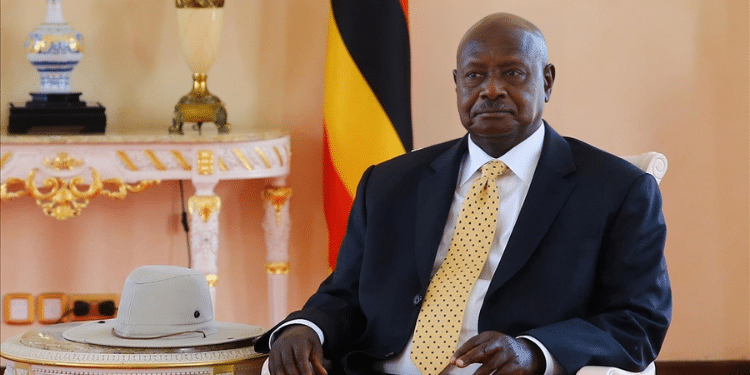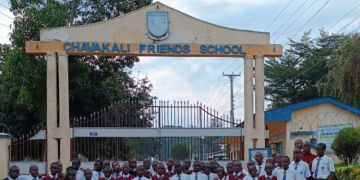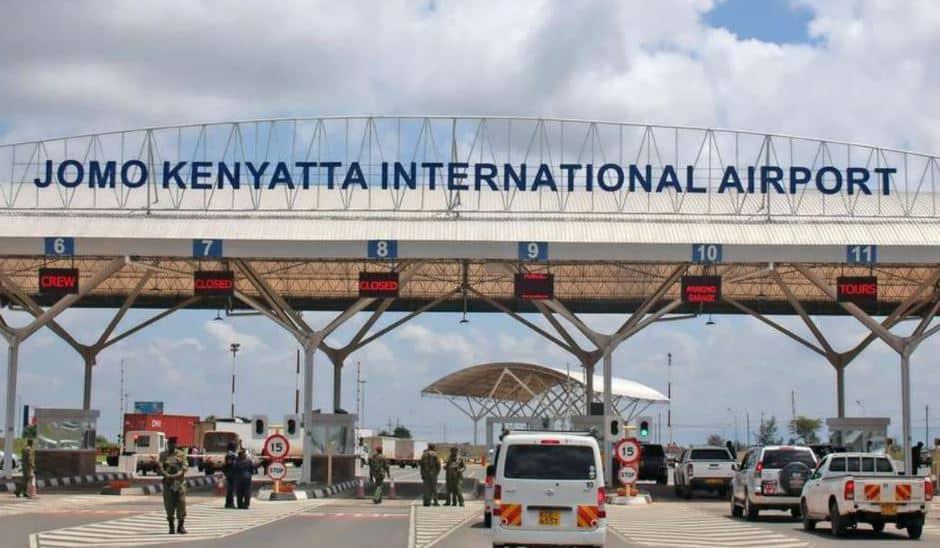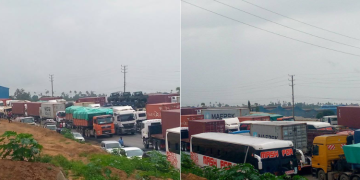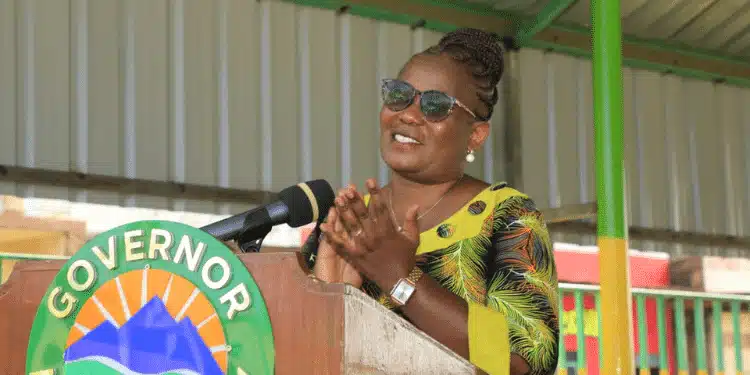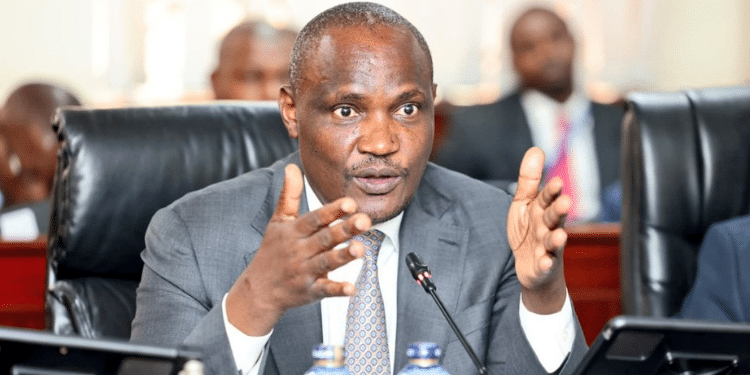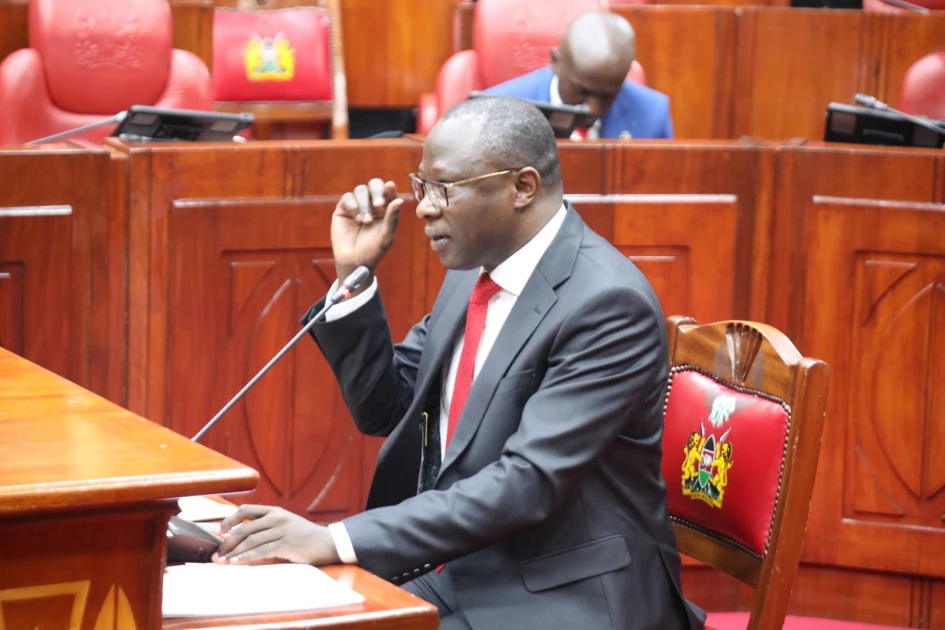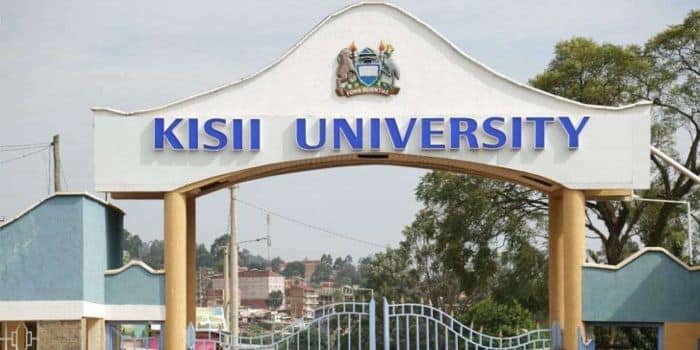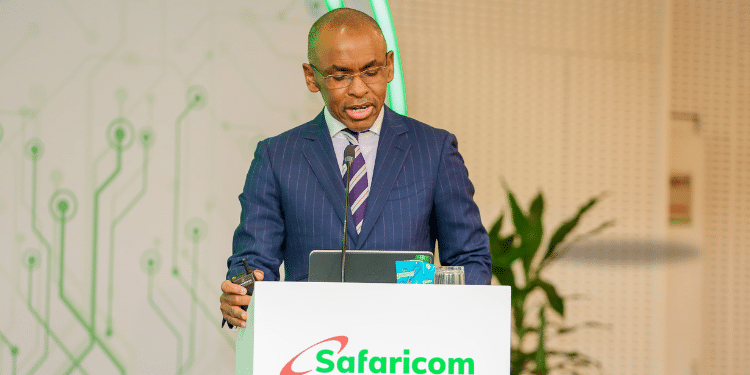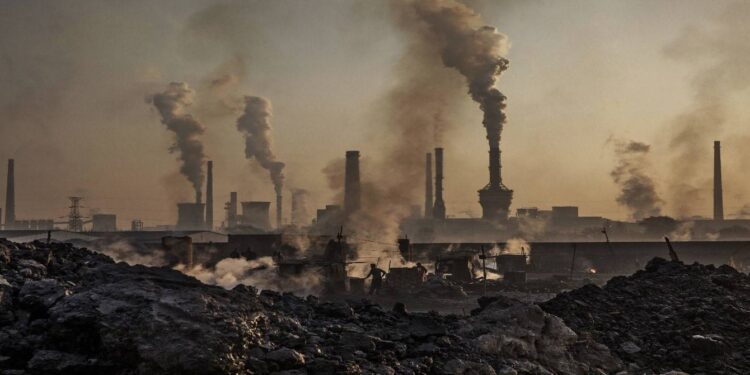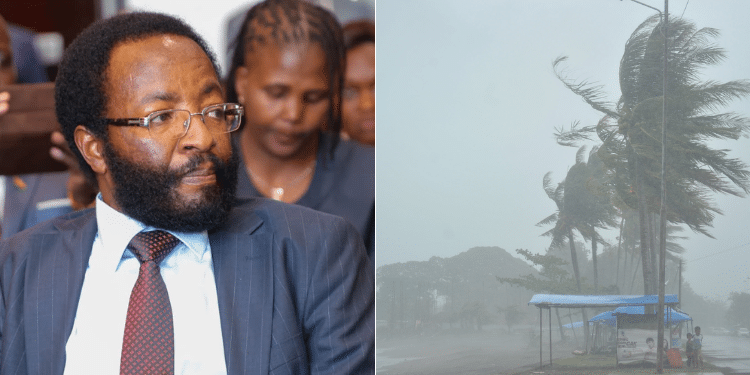Climate change is an ongoing and looming environmental crisis and with the current trend, Africa must prepare for tough times ahead.
If climate change continues its current trend, agricultural production in Africa will decline by 2,9% in 2030 and by 18% in 2050-around 200 million people are at risk of extreme hunger by 2050.
The loss of agricultural income of around 30% will lead to an increase in poverty of 20 to 30% compared to a scenario without climate change.
African countries will suffer significant economic losses after 2050 if global warming is not limited to less than 2°C, according to a new study from the Center for Global Development.
The author of the report is Philip Kofi Adom, an economist specializing in environment and energy and Associate Professor at the School of Economics and Finance, University of the Witwatersrand.

Prof. Adom has compiled many years of research by climate change scientists and researchers and found that West Africa and East Africa would be the most affected regions.
According to his research, climate change will lead to a decline in agricultural production, which will result in a drop in sales of agricultural products, while the shortage will increase prices.
The report notes that in Africa, 42,5% of the working class is employed in the agricultural sector. The income of these workers, mainly rural, will decrease.
Also Read: World Met Department Predicts El Nino Extreme Temperatures
Climate Change Affecting Africa Food Security
Already, a greater proportion of people living in rural areas are poor and most people impoverished in Africa are concentrated in rural areas. The decline of the agricultural sector risks plunging more people into deep poverty.
“We will also face food security issues and those working in the agricultural sector risk losing their jobs,” reveals Prof. Adom
“Rural farmers who rely solely on rain and do not have irrigation systems for their crops will be most affected.”
He projects a long-term gross domestic product (GDP) decline of 7,12% for Africa as a whole by saying,
“When we talk about the long term, we think about 2050 and beyond. GDP tells us the state of wealth of economies at a given time. Wealth creation leads to the creation of businesses and jobs,” he says.
Also, taxes collected are used to finance investments in infrastructure, social services and social assistance such as health insurance and unemployment insurance.
Challenges Remunerating in Africa Over Climate Change
With a 7,12% drop in GDP, these potential drivers of wealth creation in the economy will be significantly hampered if climate change continues at its current rate.
Country-level projections indicate much larger GDP losses, ranging from 11,2% to 26,6% in the long term, in the most affected regions of Africa. When economies contract, businesses risk closing, some jobs will be destroyed, and others will not be created.
For Africans, this is very important because it is predicted that in the coming years the continent’s population will reach more than 2 billion. The African population is youngest in the world and if African economies contract, these young people will lose their livelihoods.
Furthermore, fifty million Africans risk finding themselves in a situation of water stress. This means serious water shortages in homes and industries.
For example, if you used to have access to water all day, you’re going to have a much lower supply – an amount so low that it won’t meet your needs.
The demand for water resources will be greater, but due to insufficient supply, the price of water will increase sharply. In the future, if nothing is done, water will be very expensive across Africa.

The Economic Constraints
Climate change could create a state of perpetual economic distress if we don’t act now. The Conversation. Can adaptation and mitigation help us avoid this catastrophe?
Yes, governments must encourage necessary change efforts by supporting private climate adaptation and mitigation initiatives, either directly or through incentive measures.
African leaders must not allow the likes of TotalEnergies to use sport as a tool to manipulate public perception and to secure their interests at the expense of Africa’s energy demands, development, and wellbeing.
One of the world’s largest oil and gas companies, the French multinational is at the center of a complex web of shocks across the continent.
East Africa as a Carbon Bomb
Its extractive projects follow centuries-old patterns of colonial and neocolonial exploitation characterized by a disregard for environmental protection, human rights, and the socioeconomic wellbeing of local communities.
Not to mention the role of fossil fuels in driving the climate crisis. In Mozambique, TotalEnergies entered into a $20 billion liquified natural gas (LNG) deal in 2019.
The quest for gas added to a volatile mix of tension and insecurity in the northern region of Cabo Delgado, contributing to the outbreak of an armed conflict that killed thousands and displaced hundreds of thousands.
In Uganda, TotalEnergies is building the longest oil pipeline on the continent. The East African Crude Oil Pipeline (EACOP) project has been described as a “carbon bomb” that will emit more than 34 million tons of carbon dioxide every year for the next two decades.
Also Read: COP 28: Collaboration Crucial to Tackling the Climate Emergency
The pipeline will traverse areas of vital biodiversity, while Human Rights Watch has reported that the project will displace 100,000 people, jeopardizing their lives and livelihoods.
In AFCON host Côte d’Ivoire, where TotalEnergies was granted rights to construct a liquefied natural gas (LNG) regasification terminal in 2016, climate change has displaced thousands of residents of the once bustling hub of Grand Lahou amid rising waters, increased storms, coastal erosion and intensifying local conflicts over shrinking resources.
This edition of AFCON, typically held in June-July, was moved to January to safeguard against the uncertainty of the weather.
Global Warming Disrupting Sports
If you watched the recent Africa Cup of Nations (AFCON) held in Ivory Coast, you must have noticed the ”unusual” breaks in each half of play. Called cooling breaks, these intervals were meant to allow the players a few moments of rest and to rehydrate.
The breaks are a pointer to how drastically the climate situation on the continent has changed over the years. It has become hotter, more humid and, sometimes, even unbearable for populations.
“Accepting money from polluters in the name of sports is to abet climate crimes”, argues Dean Bhekumuzi Bhebhe, the Campaigns Lead at Power Shift Africa.
Households and businesses can play a vital role. For example, they can reduce their consumption of meat and dairy products or change their mode of transportation by opting for cycling, walking or public transport, where possible.
At home, we can adopt energy saving practices. Finally, green spaces must be respected and protected.


